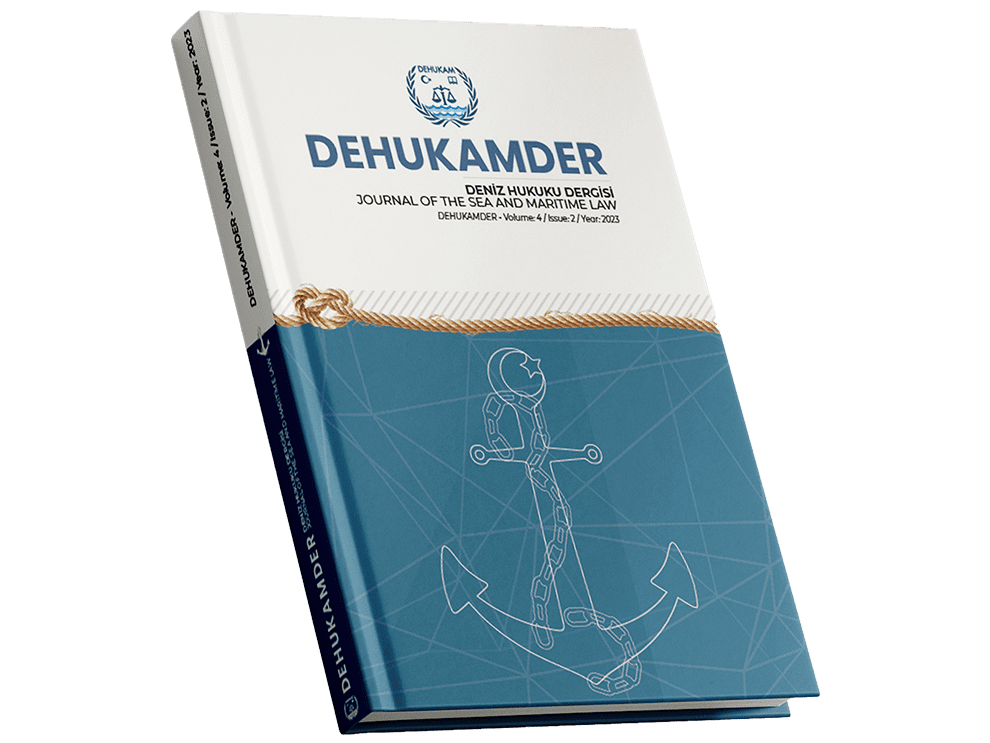Maritime commercial law is a branch of law that regulates the legal processes regarding ships and their navigation on the seas. Transportation by sea, especially to far off destinations and for the transportation of large amounts of cargo, provides serious economic and technical benefits. Nowadays, almost 90% of international trade is conducted by seas. Maritime commerce keeps the world economy dynamic and constitutes a large part of international trade. Maritime commercial law is crucial for regulating and securing international trade, environmental protection, maritime safety, and all related processes. International conventions on maritime commerce constitute the legal framework necessary for the more safer, secure, fair, and smooth operation of maritime commerce and provide legal security.
Maritime commercial law is of utmost importance to Türkiye considering the geographic location of our country and the contribution of maritime transportation to the economy. The Turkish Straits, which connect the Asian and European continents, and the seas surrounding our country are among the busiest transit routes of maritime commerce. In this context, Türkiye has a serious strategic position in the conduct of international maritime commerce. Türkiye has many ports and coastal facilities, shipyards, and marinas. Institutions, organizations and companies engaging in maritime commerce activities make significant contributions to Türkiye’s economic growth and external trade.
DEHUKAM plays an important role in supporting the development of the maritime sector and the smooth operation of maritime trade by working effectively on the rules and practices governing maritime trade.
In this regard, DEHUKAM follows legislative amendments and developments, international conventions and practices related to maritime trade, and contributes to raising the awareness of all sector stakeholders, improving legal regulations and international harmonization processes by organizing training programs and seminars on maritime law. In addition, it cooperates with maritime authorities and academic institutions of other states at the international level.

